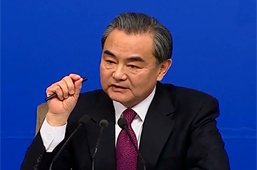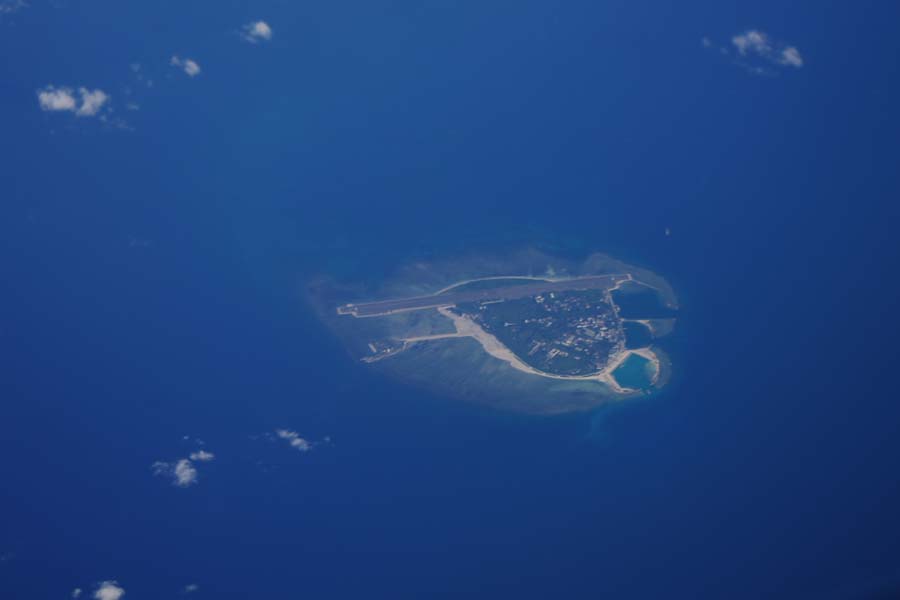That Japan dispatched a submarine to join other Japanese warships in a drill in the South China Sea has certainly raised tensions in the region, especially as the drill, the first Japanese exercise of its kind, was held in the waters south of China's Huangyan Island on Thursday.
The Japanese move came a couple of weeks after a British Royal Navy warship, HMS Albion, sailed close to China's Xisha Islands in the South China Sea in what Britain claimed was a freedom of navigation operation, triggering a strong protest from China for violating its maritime sovereignty.
The Japanese Maritime Self-Defense Force's provocative action has also cast doubts on Tokyo's sincerity to improve relations with Beijing at a time when Japan is making preparations for Prime Minister Shinzo Abe's possible visit to China.
Bilateral ties suffered a severe setback when Japan "nationalized" China's Diaoyu Islands in the East China Sea six years ago. Since then relations remained somewhat frosty until the beginning of this year, when Japan appeared eager to improve bilateral relations. Following the visits of several Japanese officials to China, Premier Li Keqiang paid an official visit to Japan in May, when the two sides vowed to further improve China-Japan relations.
Since the process did not come by easily, Japan should be sensitive to China's national and security issues. For that, Japan must see China as a cooperative partner, not a threat as it does now.
In particular, Japan should exercise extreme caution when it comes to China's islands in the South China Sea, as it had illegally occupied them during World War II, before China reclaimed them.
Japan has already assumed the right to exercise "collective self-defense" and engage in military action if one of its allies were attacked. Added to this, Abe's attempts to revise Article 9 of Japan's pacifist Constitution to exercise the right to use force to settle international disputes does not augur well for Japan's neighbors given Japan's wartime past.
The fact that Japan and like-minded countries have ignored the attempts of China and ASEAN member states to settle their disputes in the South China Sea makes their intentions suspect. Japan is not a party to any of the disputes in the South China Sea. Therefore, it should adopt policies that would promote peace in the region so that the ships of all countries can safely sail through the South China Sea, rather than using freedom of navigation as an excuse to enhance its military presence in the region.







 Overview
Overview Resources & Environment
Resources & Environment



 QQ 好友
QQ 好友 微信好友
微信好友 易信好友
易信好友 QQ空间
QQ空间 朋友圈
朋友圈 百度空间
百度空间